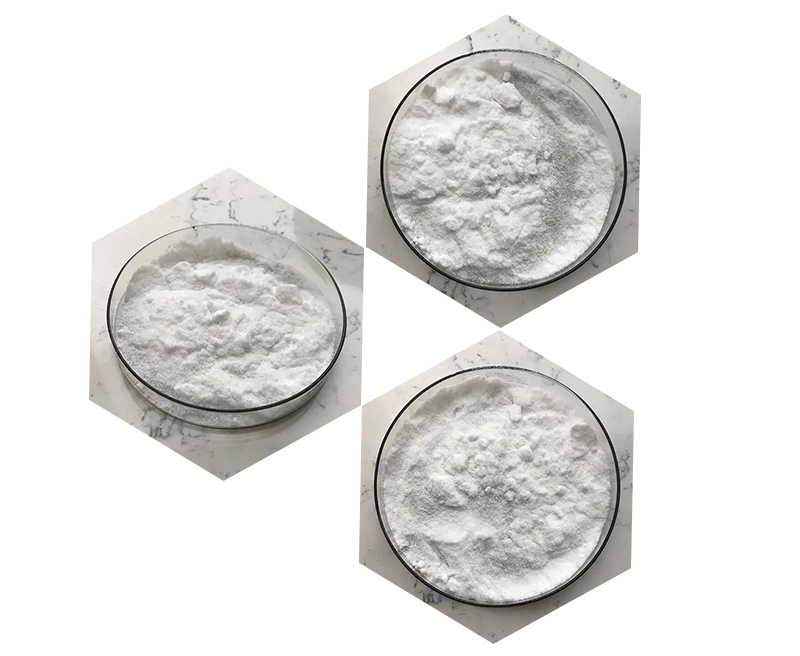Spermidine is a polyamine compound that is found in various organisms, including plants, animals, and bacteria. It is a natural compound that plays a role in cell growth, development, and maintenance. The basic ingredient of spermidine is composed of carbon, hydrogen, and nitrogen atoms.
Chemically, spermidine is a polyamine with the molecular formula (NH2)3(CH2)4NH(CH2)3NH2. It consists of a chain of carbon atoms with amine groups (NH2) spaced along the chain. The specific arrangement of these atoms gives spermidine its unique structure and properties.
Spermidine is naturally present in various foods, such as wheat germ, soybeans, and some fruits. Additionally, the human body can synthesize spermidine as part of normal metabolic processes. It has been studied for its potential health benefits, including its role as an antioxidant and its impact on cellular aging.

The effect and function of Spermidine
Spermidine is a polyamine compound that plays a crucial role in various biological processes. It is involved in cell growth, differentiation, and apoptosis (programmed cell death). Here are some key effects and functions of spermidine:
Cell Growth and Proliferation: Spermidine is essential for cell growth and division. It is involved in the synthesis of DNA, RNA, and proteins, which are essential components for cellular proliferation.
Autophagy Induction: Spermidine has been shown to induce autophagy, a cellular process responsible for the degradation and recycling of damaged or dysfunctional cellular components. This helps maintain cellular homeostasis and promotes cell survival.
Anti-Aging Properties: Research suggests that spermidine may have anti-aging effects. It has been shown to extend the lifespan of various organisms, including yeast, worms, flies, and mice. The exact mechanisms behind these effects are not fully understood but may be related to its role in promoting cellular health and autophagy.
Cardioprotective Effects: Spermidine has been associated with cardiovascular health. Studies have suggested that it may help protect the heart and reduce the risk of cardiovascular diseases by improving blood vessel function and reducing inflammation.

Neuroprotection: Spermidine may play a role in protecting the nervous system. Some studies suggest that it could have neuroprotective effects and may be beneficial in conditions such as Alzheimer’s disease.
Antioxidant Properties: Spermidine has antioxidant properties, helping to neutralize harmful free radicals in the body. This antioxidant activity contributes to its potential protective effects against oxidative stress-related damage.
Regulation of Gene Expression: Spermidine is involved in the regulation of gene expression. It can influence the activity of certain enzymes and transcription factors, contributing to various cellular processes.
It’s important to note that while spermidine appears to have beneficial effects, more research is needed to fully understand its mechanisms of action and to determine its potential therapeutic applications in various health conditions. As with any compound, moderation and consultation with healthcare professionals are advisable before considering supplementation.
